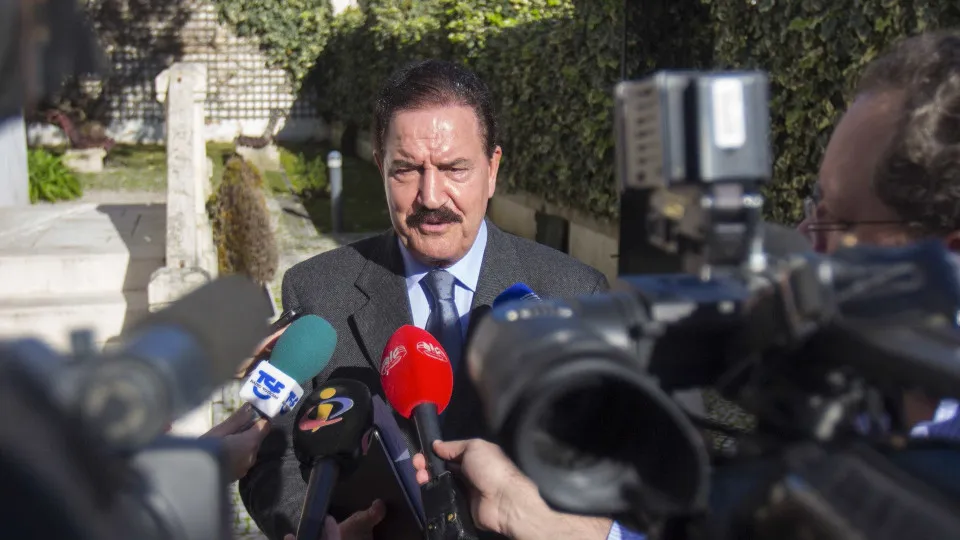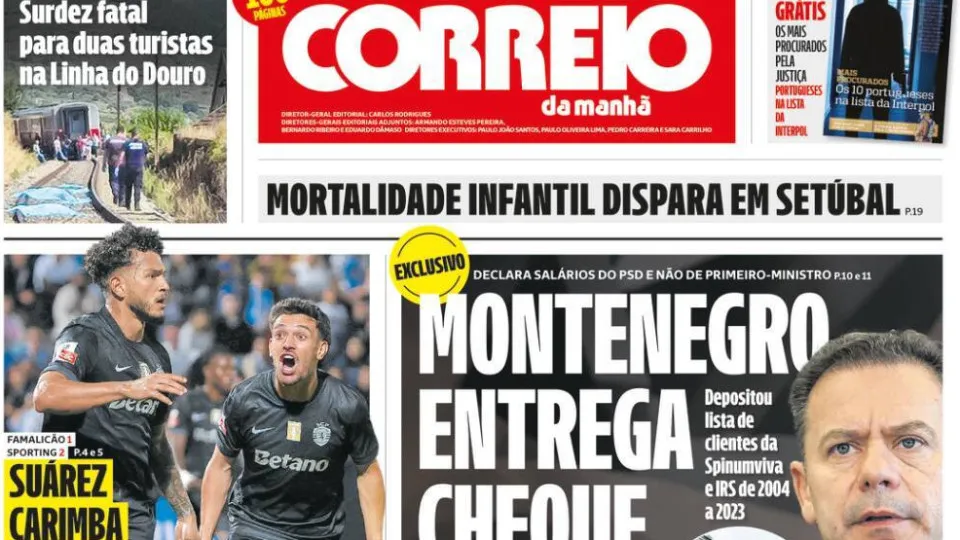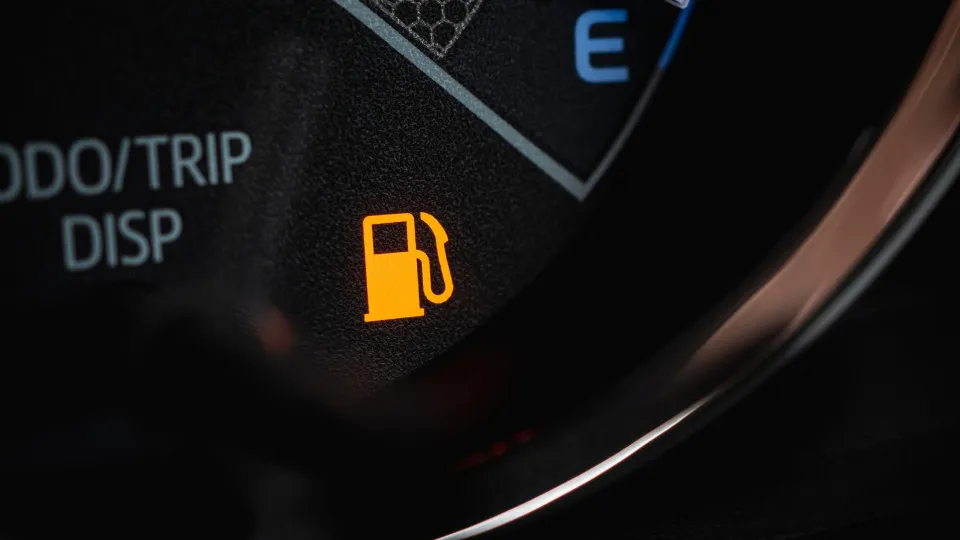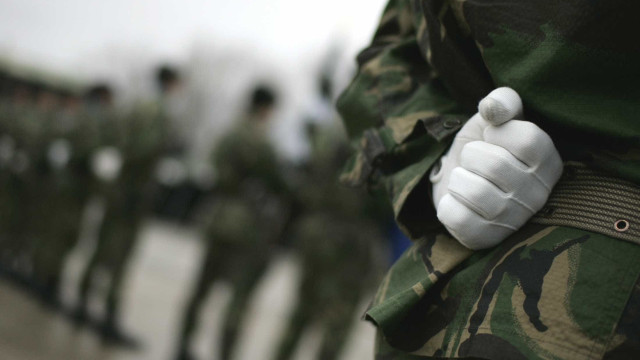
The 14 areas are: housing, environment, youth, urban renewal, urban planning, sports, social action, municipal taxation, culture, economic development, education; smart territory, health, and also security and protection.
Fernando Ruas stated that the projects of the electoral program would not be “described at length” during the evening, which would be “distributed among people,” while the candidate committed to “ensuring they were fulfilled” during the term.
He emphasized that he decided to run again because of the “arts and entertainment center project, whose construction has already started” and where new infrastructures will arise at the northern entrance of the city.
“I really want to be the one to inaugurate the arts center,” he declared.
During the first 45 minutes of the evening, the current deputy mayor of Viseu and president of the PSD council, João Paulo Gouveia, and the president of the Municipal Assembly, José Mota Faria, candidates for the same positions, highlighted the work of the last four years, contextualizing with criticism of the opposition and other candidates.
José Cesário, representative and former Secretary of State for Portuguese Communities, also took the stage to praise the city where he was born and has always lived, Viseu, and to highlight the municipality’s development under Fernando Ruas’s leadership.
The current mayor of Viseu is running for a second and final term, after leading the municipality from 1989 to 2013, at which time he stepped down due to the term limit law.
The Minister of Education, Science, and Innovation, Fernando Alexandre, was also present, stating that he was not there as a government official but as a supporter—his parents were born in Barbeita, one of Viseu’s parishes, which he “often visited” in his youth—but he was cited throughout the night as a government member.
Fernando Alexandre devoted a considerable portion of his 17-minute speech to the IP3 works, which are “being transformed into a highway” and its impact on Viseu since “it will foster the development of industrial zones in neighboring councils, making Viseu and the region stronger by losing its interiority.”
Fernando Ruas took the stage last to highlight some points of the electoral program, and, for over an hour, he also took advantage of “the minister’s presence to underscore the importance of Viseu City Hall being aligned” with the central government.
He announced the “new sports city” to be built in Fontelo, for which the Municipality of Viseu “has already purchased 65,000 square meters of the Agricultural Station area” (adjacent space) following a visit to the site with the Minister of Agriculture and Sea, José Manuel Fernandes.
“This alignment with the Government is important, and in Viseu, we suffered for a long time because of it. But we have always shown that we knew how to take care of ourselves. I have always told the central government that I never wanted any government to come and do what is my responsibility, that I will do. I want them to come and do what is their responsibility,” he stated.
He added, “To defend what I believe is the Government’s responsibility, I will not hesitate to demand persistently what Viseu deserves.”
Besides Fernando Ruas, the candidates for the October 12 elections include João Azevedo (PS), Bernardo Pessanha (Chega), Hélio Marta (IL), Hélder Amaral (CDS-PP), Leonel Ferreira (CDU), and Paulo Quintão (ADN).
In 2021, PSD secured 46.68% of the votes (five mandates), PS 38.26% (four mandates). Chega was the third most voted party with 2.95%, and IL the fourth with 2.20%, while CDU was the last political force with 1.17% of the electorate, which in that year had 92,444 registered voters, and 52,189 people voted.




